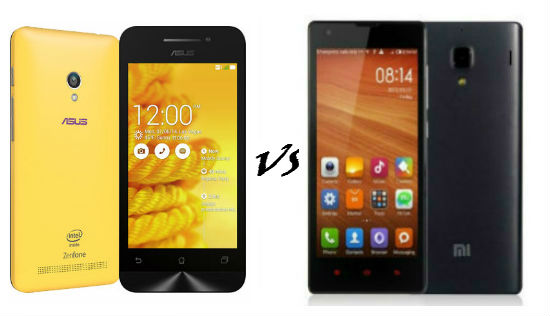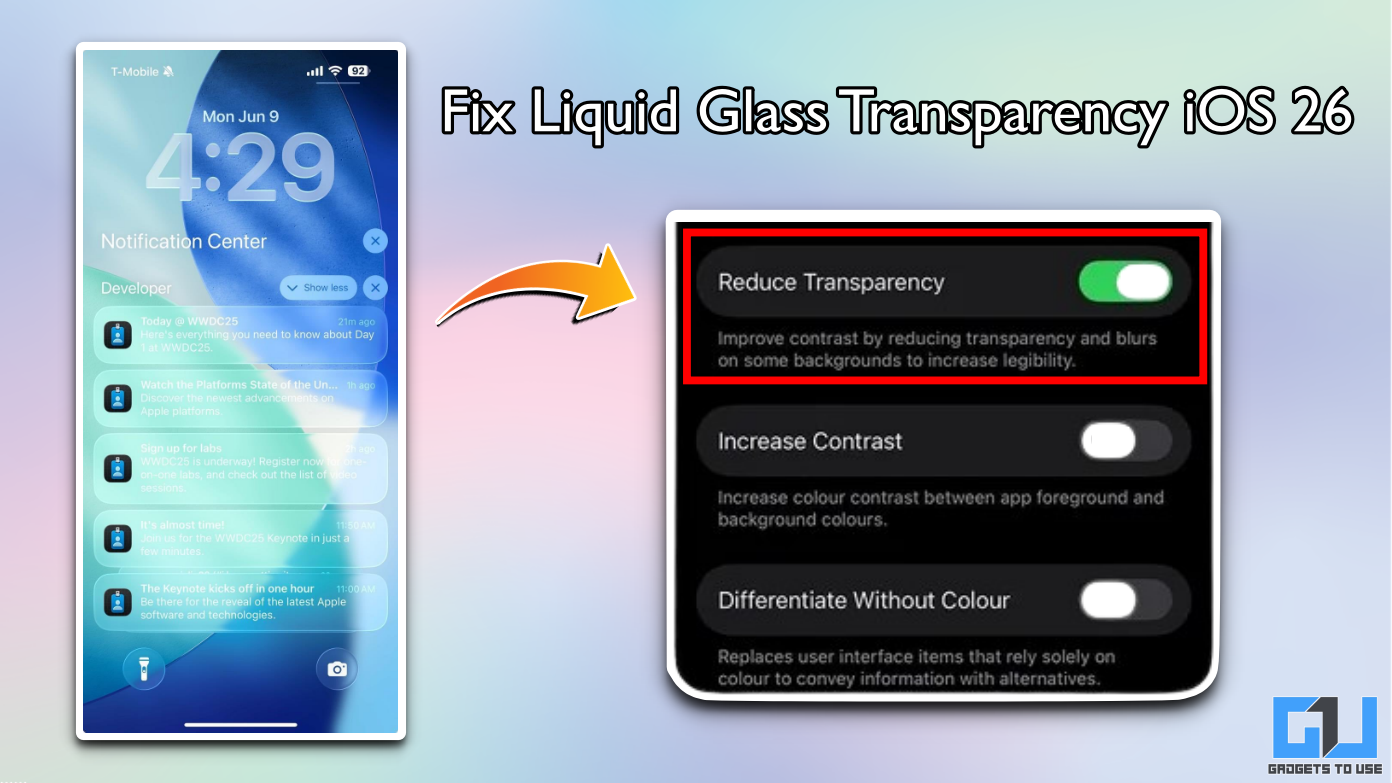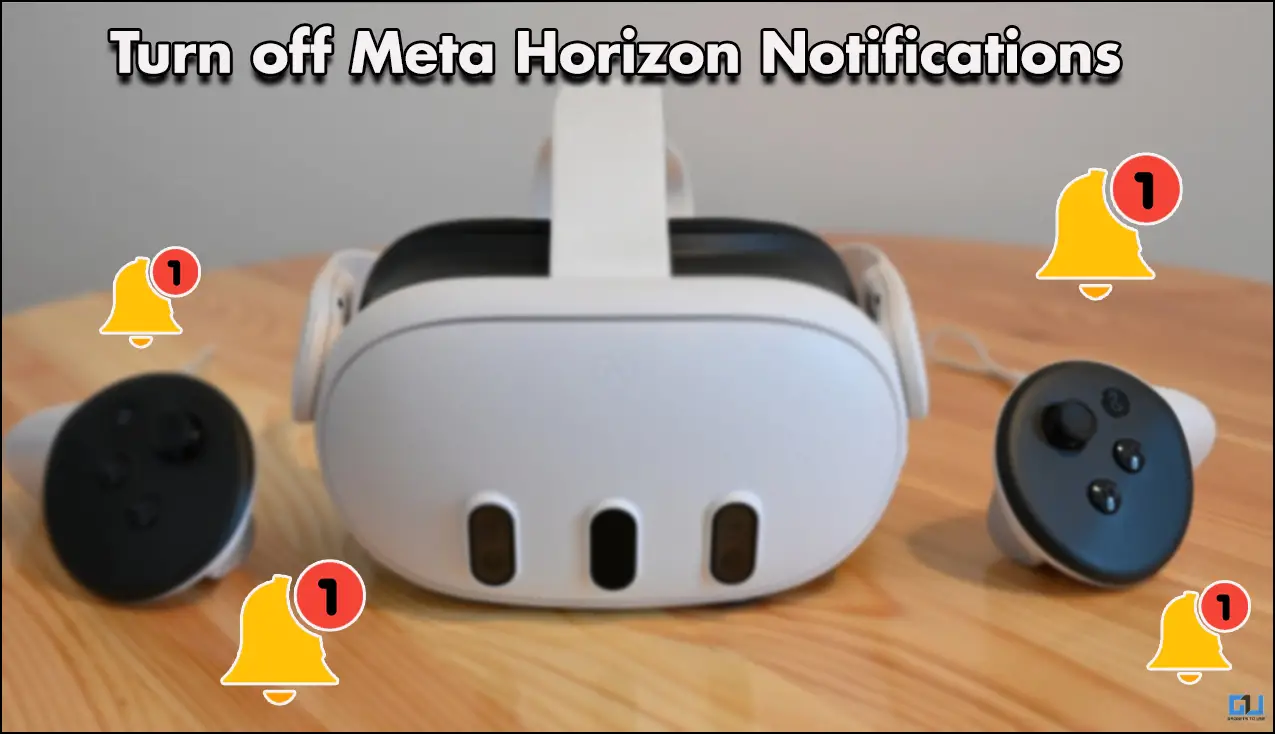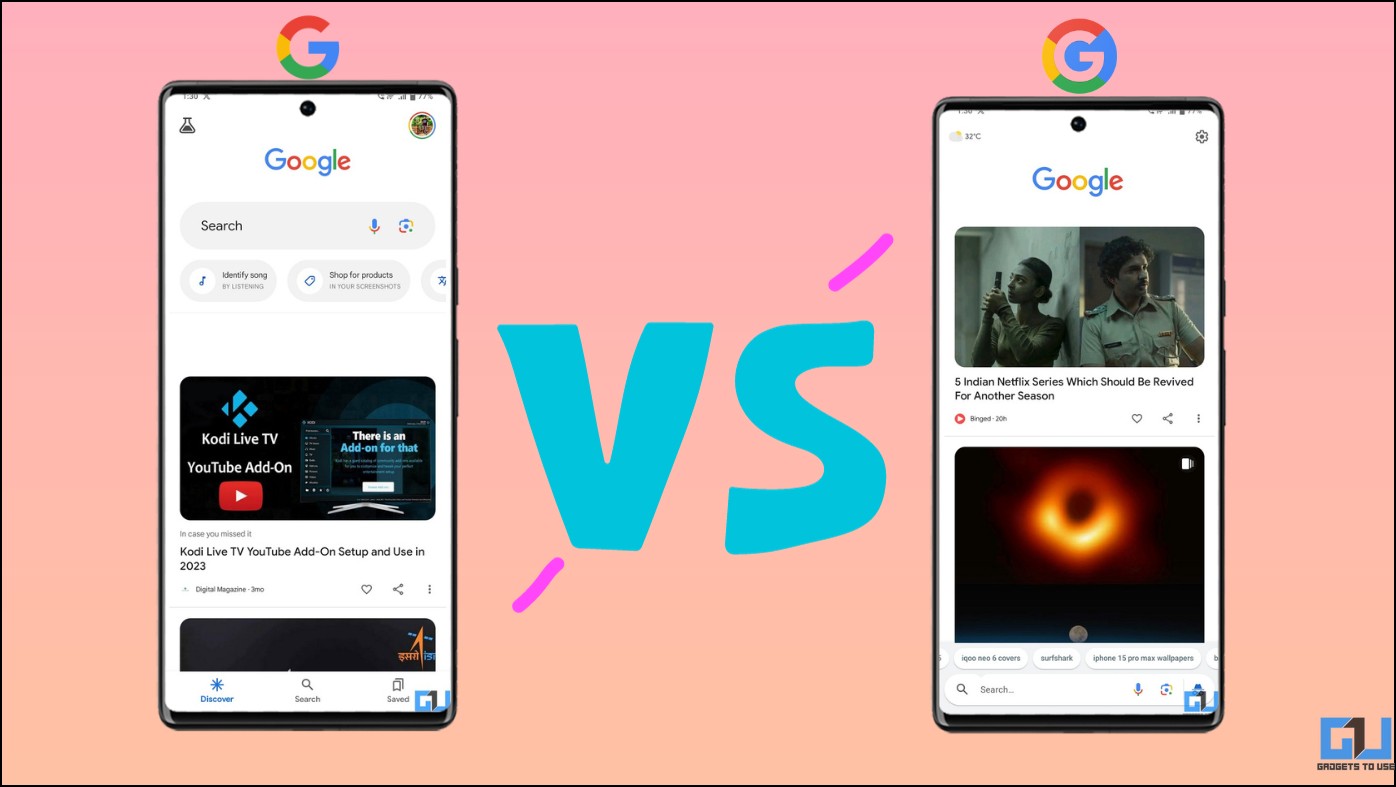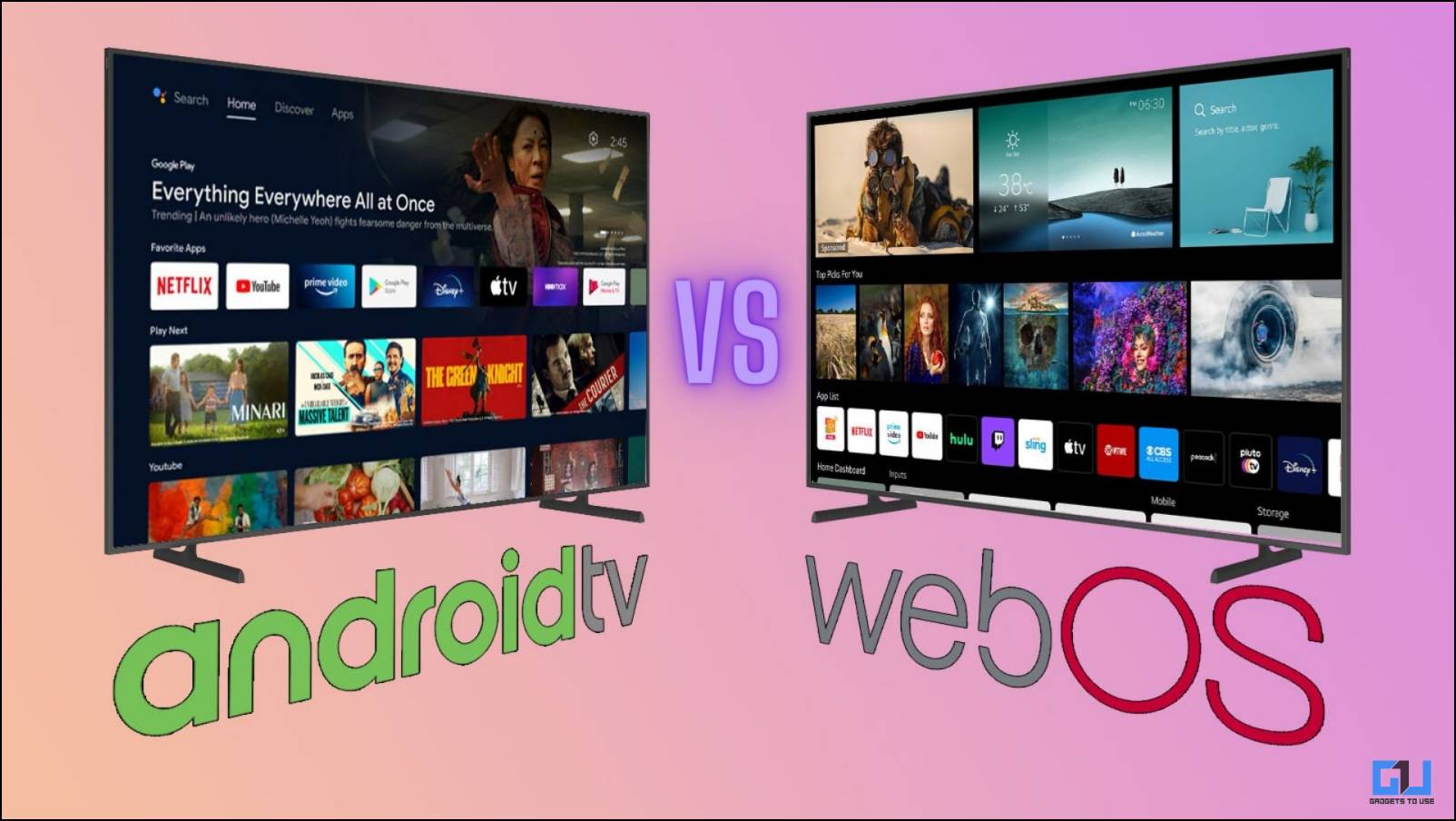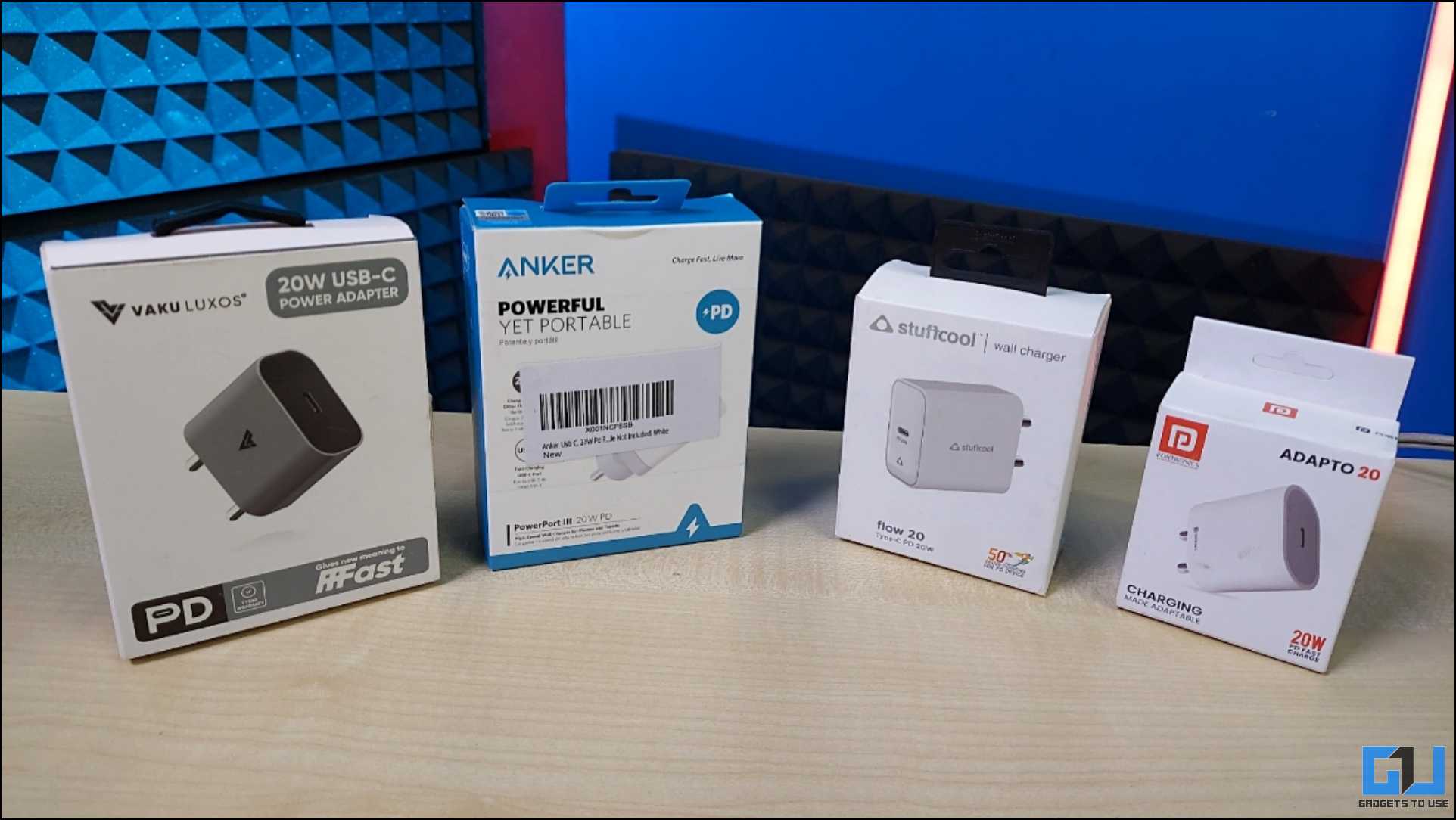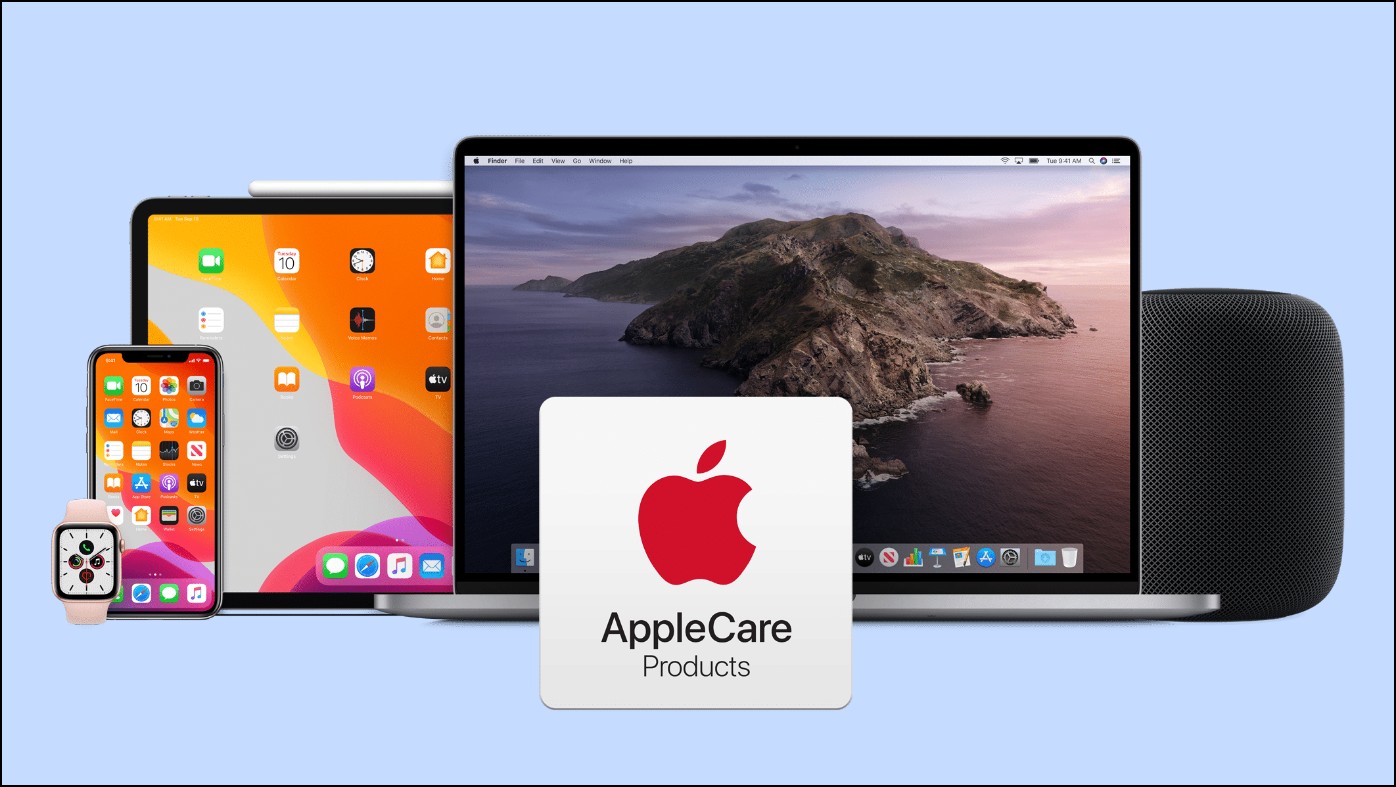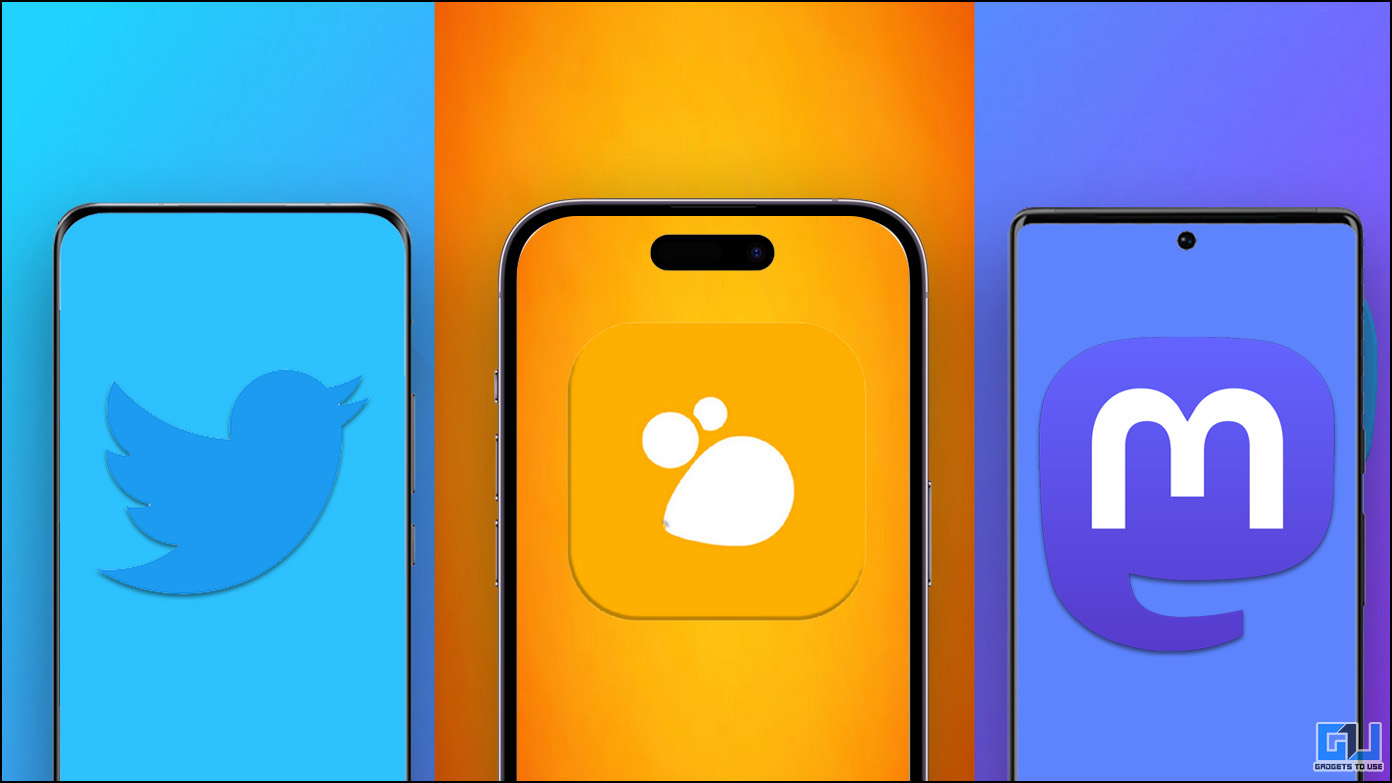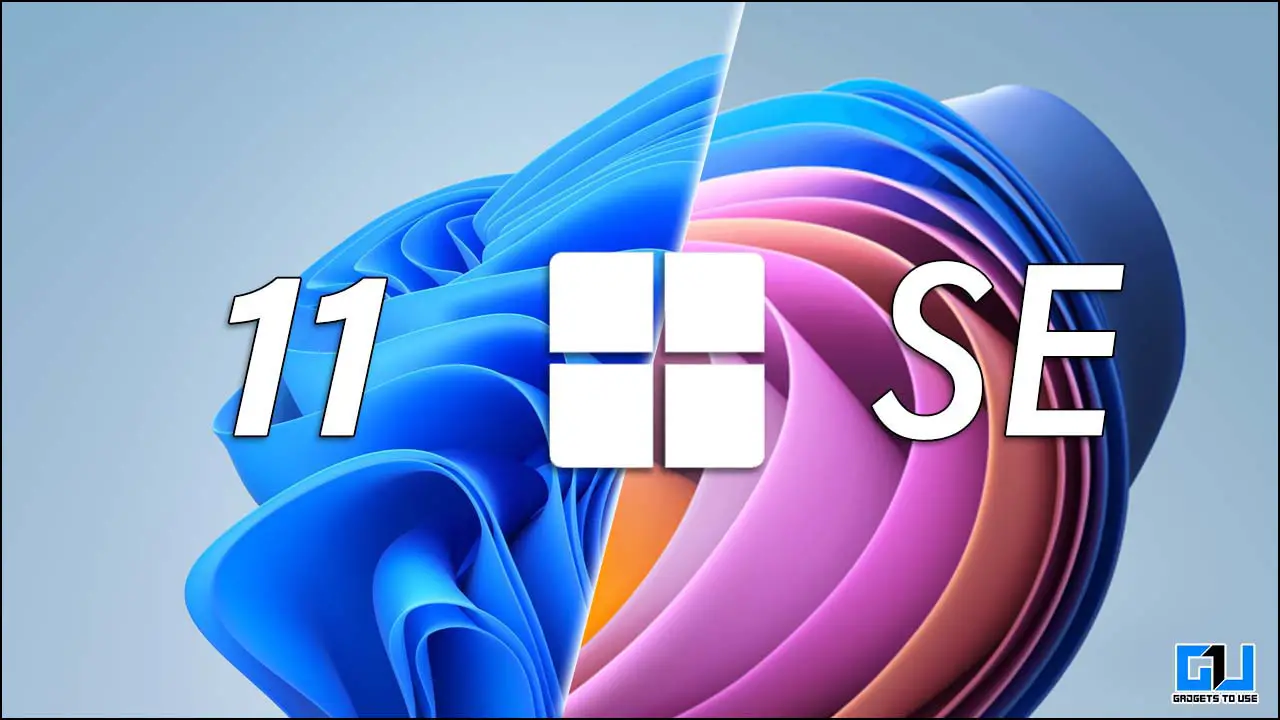Quick Answer
- On the storage front, the Xiaomi smartphone bundles 8 GB of default storage capacity, whereas the Asus Zenfone 4 packs only a low 4 GB of storage space that is too low to address even the basic storage needs of the users.
- The pricing of both the smartphones is similar at Rs 5,999, but the Redmi 1S appears to be a better package with a relatively good display, enhanced storage capacity, good camera set with flash and an increased battery capacity.
- Asus Zenfone 4 comes with a 4 inch display with a WVGA resolution of 480×800 pixels that result in a pixel density of 233 pixels per inch.
After a long wait, Xiaomi Redmi 1S has been launched in India for an aggressive pricing of Rs 5,999. At the same pricing, there is yet another enticing offering from the stable of Asus and it is the Zenfone 4. Both the handsets are exclusively available via e-commerce portal Flipkart and they pack impressive aspects that make them great value for money offerings. If you are confused on which of the two could be a better buy, here is a comparison to guide you.
Display and Processor
Asus Zenfone 4 comes with a 4 inch display with a WVGA resolution of 480×800 pixels that result in a pixel density of 233 pixels per inch. In comparison, Xiaomi Redmi 1S flaunts a 4.7 inch IPS display that packs in HD resolution of 1280×720 pixels translating to a larger 312 ppi pixel density. In common, both the handsets are layered with the scratch resistant Corning Gorilla Glass coating for added protection. Furthermore, the latter is an IPS LCD panel that can render better viewing angles and color reproduction.
In terms of processing power, Asus phone employs a 1.2 GHz dual-core Intel Atom Z2520 processor with hyper threading technology that makes it capable of handling more load than a dual core chipset. On the other hand, the Redmi 1S makes use of a quad-core Qualcomm Snapdragon 400 processor ticking at 1.6 GHz. Otherwise, both the smartphones have 1 GB of RAM for a moderate multi-tasking experience.
Camera and Internal Storage
The Xiaomi offering has an upper arm in the photography department with an 8 MP primary camera at its back with LED flash, auto focus and FHD 1080p video recording capability. Also, it has a 1.6 MP front-facer for making HD 720p video calls. Going by the comparison, the Asus Zenfone 4 features only a 5 MP sensor at the back with auto focus and FHD 1080p video recording and not LED flash. This will definitely affect the low light performance of the handset in comparison to its opponent. At the front, the Asus phone packs only a VGA sensor that again can render only basic performance.
On the storage front, the Xiaomi smartphone bundles 8 GB of default storage capacity, whereas the Asus Zenfone 4 packs only a low 4 GB of storage space that is too low to address even the basic storage needs of the users. Anyways, there is expandable storage support up to 64 GB on the duo revealing concerns regarding the low storage capacity.
Battery and Features
The Zenfone 4 is energized by a 1,600 mAh battery, whereas the Xiaomi Redmi 1S is powered by a larger 2,000 mAh battery capacity. From the same, we can definitely say that it is the Redmi 1S that can last for a longer duration among the two.
The Zenfone 4 is fueled by Android 4.3 Jelly Bean (Asus promises Kitkat update), whereas Xiaomi Redmi 1S runs on Android 4.3 Jelly Bean with MIUI on top. Connectivity features include 3G, Wi-Fi, Bluetooth 4.0 and micro USB. Furthermore, the latter has USB OTG. The Asus phone is topped with Zen UI and the Xiaomi offering has MIUI, both with their set of features and it depends on the user’s preferences.
Key Specs
| Model | Asus Zenfone 4 | Xiaomi Redmi 1S |
| Display | 4 inch, WVGA | 4.7 inch, HD |
| Processor | 1.2 GHz Dual Core Intel Atom Z2520 | 1.6 GHz Quad Core Qualcomm Snapdragon 400 |
| RAM | 1 GB | 1 GB |
| Internal Storage | 4 GB, Expandable up to 64 GB | 8 GB, Expandable up to 64 GB |
| OS | Android 4.3 Jelly Bean | Android 4.3 Jelly Bean |
| Camera | 5 MP/ VGA | 8 MP/ 2 MP |
| Battery | 1,600 mAh | 2,000 mAh |
| Price | Rs 5,999 | Rs 5,999 |
Price and Conclusion
The pricing of both the smartphones is similar at Rs 5,999, but the Redmi 1S appears to be a better package with a relatively good display, enhanced storage capacity, good camera set with flash and an increased battery capacity. Asus Zenfone 4 hasn’t got much in its favor except for good looks and the fact that it will be much more easier to buy.
